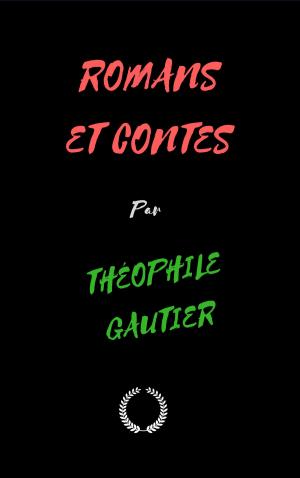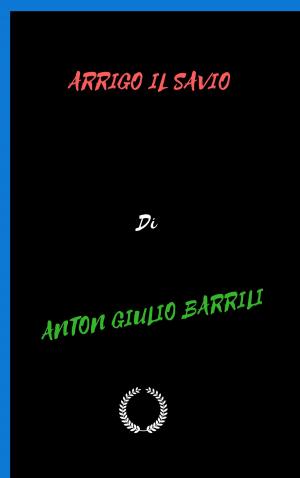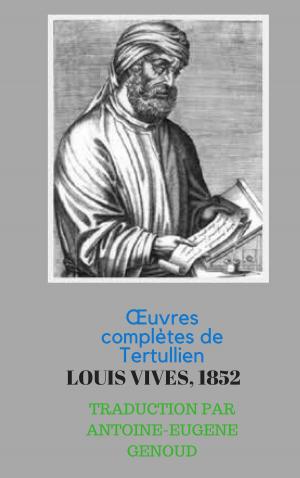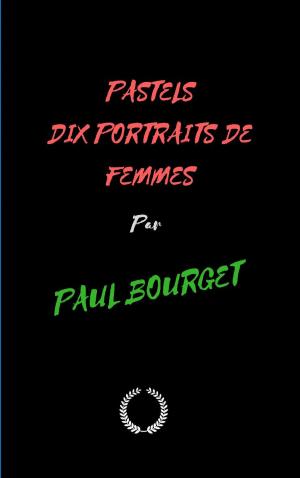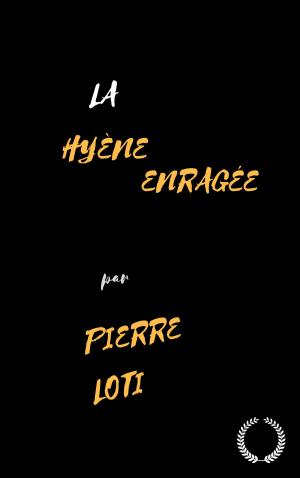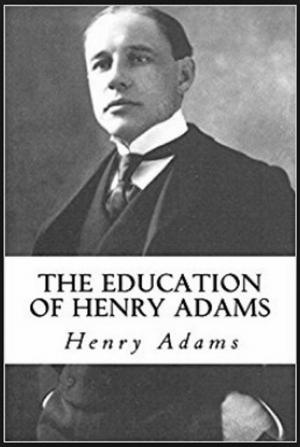| Author: | Agnes Castle and Egerton Castle | ISBN: | 1230002420462 |
| Publisher: | Jwarlal | Publication: | July 10, 2018 |
| Imprint: | Language: | English |
| Author: | Agnes Castle and Egerton Castle |
| ISBN: | 1230002420462 |
| Publisher: | Jwarlal |
| Publication: | July 10, 2018 |
| Imprint: | |
| Language: | English |
The early September night had descended upon Bruges,—“City of Bridges,”—once the seat of the most luxurious court in Europe, now so far away, fallen from its high if not from its wealthy estate. The life of the little town, never very active or varied under the Spaniard’s rule, seemed this evening to have been swept into a stillness emphasised only by an occasional footfall upon the cobbles of its winding streets, some husky cry from a barge gliding ghost-like down a canal, or the far-away barking of dogs on the farm lands beyond the walls. A sea mist had crept from the north, muffling even these sounds of silence, rolling in thicker volumes along the many sluggard waters that intersect the old Flemish Mart and bring prosperity to her comfortable merchants, as it were in their sleep. It hung itself in loose wisps around the carven towers of the Cathedral, the giddy heights of the belfry—whence, as the hours slipped[4] on, deep bell voices answered clear bell voices, like spirits communing from their heights across the petty lives below.
The corner house of a row of solid burgher mansions, flanking the canal on the Quai Vert, stood slightly apart with an air of greater importance than the rest, giving to the street on the one side through courtyard and wrought-iron gate, and on the other sheer over the water that lazily lipped the green, slimy foot of its walls.
The second floor of this house had been the dwelling of my lord Viscount Rockhurst ever since—that is, some two years before—Charles had transferred to Bruges his penurious little court of English Cavaliers, exiles like himself since the fateful days of Worcester, of Boscobel, and Whiteladies.
In a long, low room overlooking the canal, two men sat together, one on each side of an open hearth, lost in deep musings. The curtains were undrawn; one window stood open, and ever and anon admitted a wreath of the sea-fog that swirled a moment and swiftly fainted away. The only light in the apartment was the ruddy glow of a driftwood fire, now cheerfully burning, although the acrid savour that still hung in the air betrayed its recent stubbornness[5] and explained the gaping casement. It seemed as if the two lacked the energy either to shut out the gloom of night or call for the enlivening of candle or lamp; as if the paralysing, sodden weight lying upon the world without had laid hold of their souls.
The blue-tipped flames that leaped round the logs flung now one brooding countenance in relief, now the other. Upon the right, the dark head of the exiled King of England, still in the very ripeness of young manhood, would be sketched against the leather-backed chair upon which it wearily rested. But not all the geniality of the blaze could give sanguine hue or gleam of cheerfulness to the sallow, harsh visage. In utter dejection, the long figure—“a tall man, above two yards high,” so had run the description on the Council of State’s Warrant for the apprehension of Charles Stuart—extended itself as if unconsciously to the warmth, chin sunk upon breast, eyes fixed and moody under drooping lids and singularly bushy eyebrows.
Upon the left, the fitful tongues of flame revealed a face of equal melancholy if of greater energy and comeliness. My lord Rockhurst sat forward, supporting his cheek upon his hand. His was a type such as Sir Anthony Van Dyck, some few years before, had loved to fix in his incomparable line and colour.[6] Like his King he was dark, but with chestnut lights and a crispness in the waves of hair falling upon his shoulders absent from the heavy locks of Charles. Against the glow his profile stood out, fine-cut and pale-hued as a carving in ivory. Older by some years, there yet was a youthful air of alertness about his whole personality, even as he sat motionless, that was conspicuously lacking in the apathetic figure facing him.
The early September night had descended upon Bruges,—“City of Bridges,”—once the seat of the most luxurious court in Europe, now so far away, fallen from its high if not from its wealthy estate. The life of the little town, never very active or varied under the Spaniard’s rule, seemed this evening to have been swept into a stillness emphasised only by an occasional footfall upon the cobbles of its winding streets, some husky cry from a barge gliding ghost-like down a canal, or the far-away barking of dogs on the farm lands beyond the walls. A sea mist had crept from the north, muffling even these sounds of silence, rolling in thicker volumes along the many sluggard waters that intersect the old Flemish Mart and bring prosperity to her comfortable merchants, as it were in their sleep. It hung itself in loose wisps around the carven towers of the Cathedral, the giddy heights of the belfry—whence, as the hours slipped[4] on, deep bell voices answered clear bell voices, like spirits communing from their heights across the petty lives below.
The corner house of a row of solid burgher mansions, flanking the canal on the Quai Vert, stood slightly apart with an air of greater importance than the rest, giving to the street on the one side through courtyard and wrought-iron gate, and on the other sheer over the water that lazily lipped the green, slimy foot of its walls.
The second floor of this house had been the dwelling of my lord Viscount Rockhurst ever since—that is, some two years before—Charles had transferred to Bruges his penurious little court of English Cavaliers, exiles like himself since the fateful days of Worcester, of Boscobel, and Whiteladies.
In a long, low room overlooking the canal, two men sat together, one on each side of an open hearth, lost in deep musings. The curtains were undrawn; one window stood open, and ever and anon admitted a wreath of the sea-fog that swirled a moment and swiftly fainted away. The only light in the apartment was the ruddy glow of a driftwood fire, now cheerfully burning, although the acrid savour that still hung in the air betrayed its recent stubbornness[5] and explained the gaping casement. It seemed as if the two lacked the energy either to shut out the gloom of night or call for the enlivening of candle or lamp; as if the paralysing, sodden weight lying upon the world without had laid hold of their souls.
The blue-tipped flames that leaped round the logs flung now one brooding countenance in relief, now the other. Upon the right, the dark head of the exiled King of England, still in the very ripeness of young manhood, would be sketched against the leather-backed chair upon which it wearily rested. But not all the geniality of the blaze could give sanguine hue or gleam of cheerfulness to the sallow, harsh visage. In utter dejection, the long figure—“a tall man, above two yards high,” so had run the description on the Council of State’s Warrant for the apprehension of Charles Stuart—extended itself as if unconsciously to the warmth, chin sunk upon breast, eyes fixed and moody under drooping lids and singularly bushy eyebrows.
Upon the left, the fitful tongues of flame revealed a face of equal melancholy if of greater energy and comeliness. My lord Rockhurst sat forward, supporting his cheek upon his hand. His was a type such as Sir Anthony Van Dyck, some few years before, had loved to fix in his incomparable line and colour.[6] Like his King he was dark, but with chestnut lights and a crispness in the waves of hair falling upon his shoulders absent from the heavy locks of Charles. Against the glow his profile stood out, fine-cut and pale-hued as a carving in ivory. Older by some years, there yet was a youthful air of alertness about his whole personality, even as he sat motionless, that was conspicuously lacking in the apathetic figure facing him.


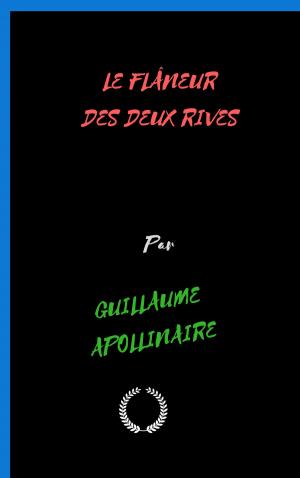
![Cover of the book Les Peintres Cubistes [Méditations Esthétiques] by Agnes Castle and Egerton Castle](https://www.kuoky.com/images/2018/february/300x300/1230002175164-f7dL_300x.jpg)

